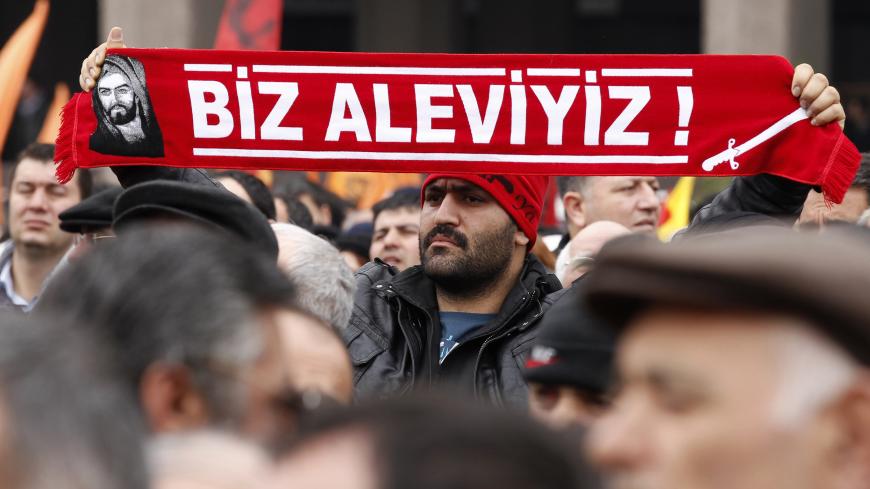Turkey’s sizable Alevi community, which represents a distinct and often stigmatized branch in Islam, has won an important legal victory in its efforts to push the government to grant Alevi places of worship the same privileges that the mosques of the Sunni majority enjoy. In late November, the Appeals Court ruled that the state should meet the electricity expenses of cemevis, the Alevi houses of worship, just as it does for mosques. The ruling meant also an acknowledgment of the cemevi as a house of worship.
The ruling of the Appeals Court is important, but the problem is hardly a new one. A similar lawsuit had made its way to the European Court of Human Rights (ECHR) in 2016. The court’s Grand Chamber ruled that the Turkish state should meet the expenses of cemevis as well. Ankara, however, did not heed the judgment.



